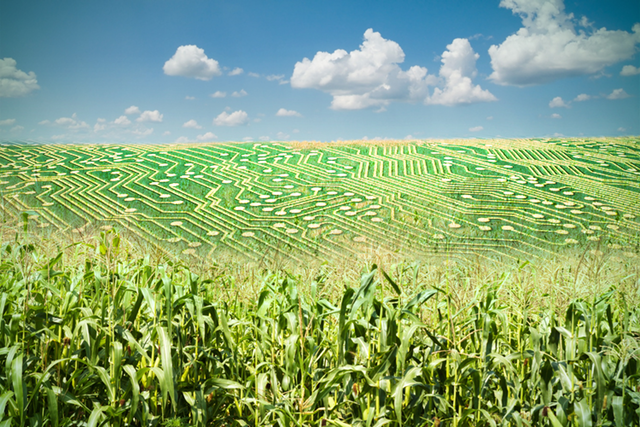
AgriTech has emerged as an important area of investment for international donors in low and middle-income countries (LMICs) as they look to support sustainable agriculture and food security in these regions.
International donors have recognized the potential of AgriTech to drive innovation, increase productivity, and enhance the resilience of smallholder farmers and rural communities.
A growing number of international donors are investing in AgriTech initiatives across LMICs, with a focus on developing and scaling technology-based solutions that can help to address the challenges facing these communities.
World Bank AgriTech Funding
One major international donor investing in AgriTech is the World Bank. The World Bank has launched several initiatives aimed at promoting the use of technology in agriculture, such as the Global Agriculture and Food Security Program (GAFSP) and the International Finance Corporation (IFC).
Through these initiatives, the World Bank provides funding and technical assistance to AgriTech startups and businesses in LMICs, as well as to governments and other stakeholders working to promote the use of technology in agriculture.
The World Bank also provides support for the development of AgriTech hubs, innovation centers, and other initiatives aimed at promoting the growth of the AgriTech sector in LMICs.
Gates Foundation AgriTech Funding
Another important international donor investing in AgriTech is the Bill and Melinda Gates Foundation. The foundation has made a significant commitment to supporting AgriTech initiatives that aim to increase productivity and food security in LMICs, particularly in sub-Saharan Africa and South Asia.
The foundation provides funding and technical assistance to AgriTech startups and businesses, and works with a wide range of partners, including governments, universities, and other organizations, to promote the development and use of technology in agriculture.
USAID AgriTech Funding
In addition to these major international donors, a number of bilateral and multilateral organizations are also investing in AgriTech across LMICs.
For example, the United States Agency for International Development (USAID) provides funding and technical assistance to AgriTech initiatives aimed at increasing productivity and food security in LMICs.
The International Fund for Agricultural Development (IFAD) is another key player in this area, providing funding and technical assistance to AgriTech initiatives aimed at improving the livelihoods of smallholder farmers and rural communities in LMICs.
Private Sector AgriTech Investment
International donors are also investing in AgriTech through impact investment funds and venture capital firms. These funds and firms are focused on supporting AgriTech startups and businesses that have the potential to make a positive impact on the lives of smallholder farmers and rural communities in LMICs.
These investments help to provide early-stage financing for AgriTech startups and businesses, and provide a pathway for the growth and scaling of these initiatives.
Digital Agriculture Investments
International donors are playing a critical role in investing in AgriTech across LMICs, with a focus on supporting sustainable agriculture and food security.
The World Bank, the Bill and Melinda Gates Foundation, and a number of bilateral and multilateral organizations are leading the way in this area, providing funding and technical assistance to AgriTech startups and businesses, as well as to governments and other stakeholders working to promote the use of technology in agriculture.
By working together, these international donors can help to drive innovation, increase productivity, and enhance the resilience of smallholder farmers and rural communities in LMICs.









